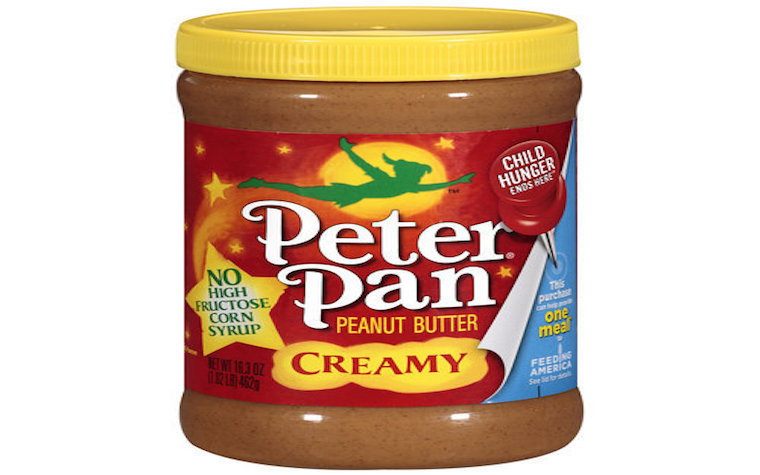
The National Institute of Allergy and Infectious Diseases (NIAID), a branch of the National Institutes of Health (NIH), recently found that approximately 80 percent of preschool children with peanut allergies had positive responses to oral immunotherapy.
The children took the peanut oral immunotherapy and were gradually able to add foods containing peanuts to their regular diets.
For peanut oral immunotherapy, preschoolers ate small quantities of peanut protein every day, gradually increasing the amount. Researchers discovered that the low-dose as well as the high-dose oral immunotherapies were effective and safe for resolving the children’s allergic immune responses.
The study included 40 children between the ages of 9 and 36 months old. It randomly assigned the children to either a low-dose regimen targeting 300 milligram doses each day, or a high-dose regimen targeting 3,000 milligrams each day.
Most of the participants had a few side effects; but, after an average of 29 months, they were able to add peanuts to their diets.
Earlier studies suggest that older children can use oral immunotherapy against peanuts to protect themselves from anaphylaxis related to peanut exposure. These researchers have discovered that the same therapy for younger children with shorter peanut allergic reactions could be used to gradually add peanuts to older children's diets, as well.



